In the realm of manufacturing, precision is paramount. The demand for high-quality, intricate parts has led to the rise of precision CNC machined components manufacturers. These manufacturers are at the forefront of innovation, utilizing Computer Numerical Control (CNC) technology to create components with unparalleled accuracy and consistency. This blog post will delve into the intricacies of precision CNC machining, the role of manufacturers in this field, and how their innovations are driving the future of manufacturing.

Understanding CNC Machining
Computer Numerical Control (CNC) machining is a subtractive manufacturing process that uses computer-aided design (CAD) files to guide cutting tools to remove material from a workpiece. The process is highly automated, allowing for the production of complex parts with a high degree of precision.
Components of a CNC Machine
A typical CNC machine consists of several key components:
-
Control Unit: This is the brain of the CNC machine, interpreting the CAD file and converting it into machine code that the machine can understand.
-
Drive System: This system controls the movement of the machine's axes, ensuring precise positioning and movement.
-
Cutting Tools: These are the tools that remove material from the workpiece, and they come in a variety of shapes and sizes depending on the job at hand.
-
Workpiece: This is the material that is being machined, which can range from metals to plastics.
-
Coolant System: This system helps to cool the cutting tools and remove chips from the work area.
The Role of Precision CNC Machined Components Manufacturers
Precision CNC machined components manufacturers play a crucial role in the manufacturing industry. They are responsible for producing parts that must meet exacting specifications, often for use in critical applications where failure is not an option.
Quality Control
Quality control is a critical aspect of precision CNC machining. Manufacturers must ensure that their parts meet the specifications set by their clients, which often involves rigorous testing and inspection processes.
Customization
One of the key advantages of CNC machining is the ability to produce highly customized parts. Manufacturers can create parts with complex geometries that would be impossible or too costly to produce using traditional machining methods.
Efficiency
CNC machines are highly efficient, capable of producing parts quickly and with minimal waste. This efficiency is a major selling point for precision CNC machined components manufacturers, as it allows them to offer competitive pricing while maintaining high quality.
Innovations in Precision CNC Machining
Precision CNC machined components manufacturers are constantly innovating to improve their processes and the products they produce. Some of the key innovations in this field include:
-
High-Speed Machining: This technique involves using faster spindle speeds and feed rates to increase production speed without sacrificing accuracy.
-
Multi-Axis Machining: Multi-axis CNC machines can machine parts in multiple orientations, reducing the need for secondary operations and improving part accuracy.
-
Precision Measurement Technology: Advanced measurement technologies, such as laser scanning and coordinate measuring machines (CMMs), allow for precise verification of part dimensions.
-
Material Science: Advances in material science have led to the development of new materials that are stronger, lighter, and more durable, which can be machined using CNC technology.
-
Automation and Robotics: The integration of automation and robotics into the CNC machining process can further increase efficiency and reduce the potential for human error.
The Impact of Precision CNC Machining on Manufacturing
The innovations in precision CNC machining have had a profound impact on the manufacturing industry. They have enabled the production of more complex and precise parts, which has opened up new possibilities in a wide range of industries.
Aerospace Industry
In the aerospace industry, precision CNC machined components are critical for the production of aircraft and spacecraft components. The ability to produce parts with exacting tolerances is essential for ensuring the safety and performance of these vehicles.
Automotive Industry
The automotive industry also relies heavily on precision CNC machined components, from engine parts to suspension components. The ability to produce these parts quickly and efficiently is crucial for keeping production lines moving.
Medical Industry
In the medical industry, precision CNC machining is used to produce small, intricate components for medical devices. The accuracy of these parts is critical for the safety and effectiveness of the devices.
Energy Industry
The energy industry, particularly in the production of wind turbines and solar panels, relies on precision CNC machined components for their construction. The ability to produce these parts with high precision is essential for the efficiency and longevity of these energy systems.
The Future of Precision CNC Machined Components Manufacturers
Looking to the future, precision CNC machined components manufacturers will continue to drive innovation in manufacturing. As technology advances, we can expect to see even more sophisticated CNC machines and techniques, leading to even greater precision and efficiency in part production.
Additive Manufacturing
Additive manufacturing, or 3D printing, is a growing trend in manufacturing that complements CNC machining. While CNC is a subtractive process, additive manufacturing builds parts layer by layer, allowing for the production of complex geometries that would be difficult or impossible to produce using traditional methods.
Internet of Things (IoT)
The Internet of Things (IoT) is another area where precision CNC machined components manufacturers can drive innovation. By integrating sensors and other IoT devices into their machines, manufacturers can monitor their equipment in real-time, allowing for predictive maintenance and improved efficiency.
Artificial Intelligence (AI) and Machine Learning
Artificial intelligence (AI) and machine learning are also poised to revolutionize precision CNC machining. By using AI to analyze data from their machines, manufacturers can optimize their processes, reduce waste, and improve part quality.
Sustainability and Green Manufacturing
As the world becomes more focused on sustainability, precision CNC machined components manufacturers are also looking for ways to reduce their environmental impact. This includes using more energy-efficient machines, recycling waste materials, and developing processes that produce fewer emissions.
Conclusion
Precision CNC machined components manufacturers are driving innovation in manufacturing, pushing the boundaries of what is possible in terms of precision and efficiency. As technology continues to advance, we can expect to see even more exciting developments in this field, leading to new possibilities in manufacturing and across a wide range of industries.
https://www.okinmachining.com/precision-cnc-machined-components-manufacturers.html
www.okinmachining.com
Okin

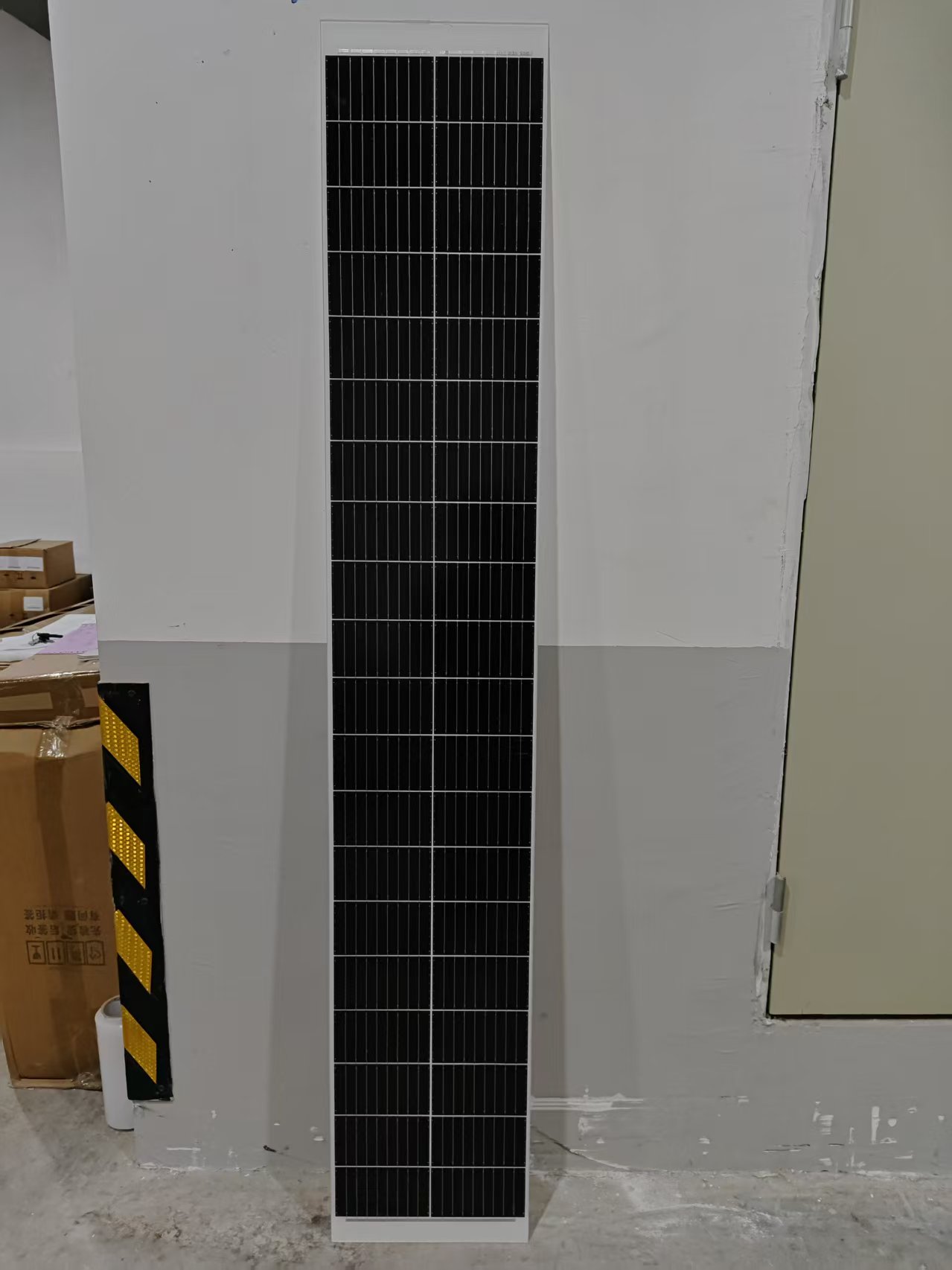
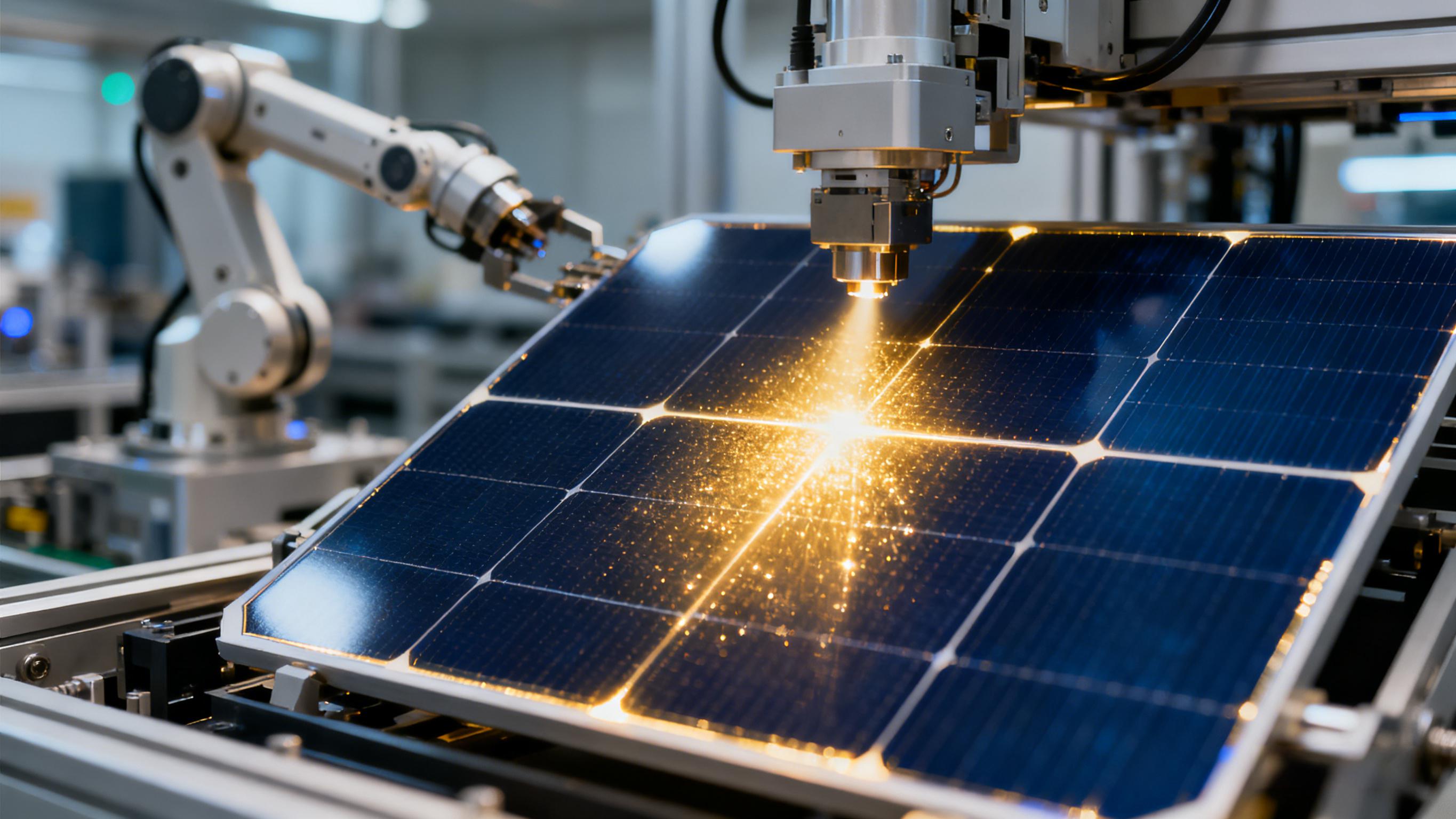
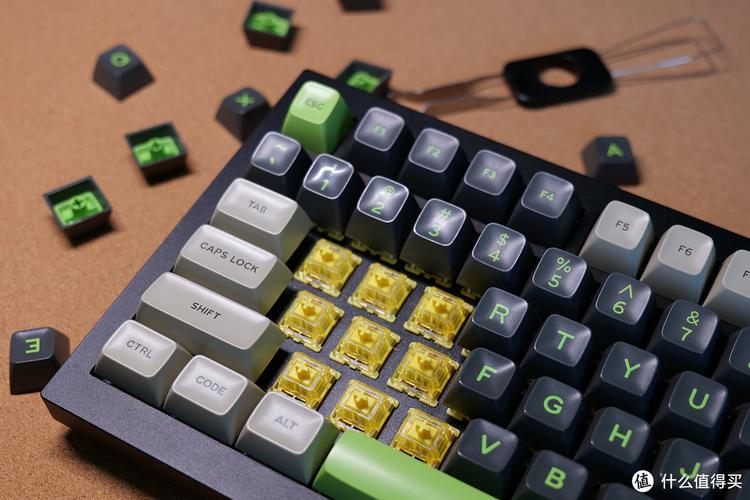
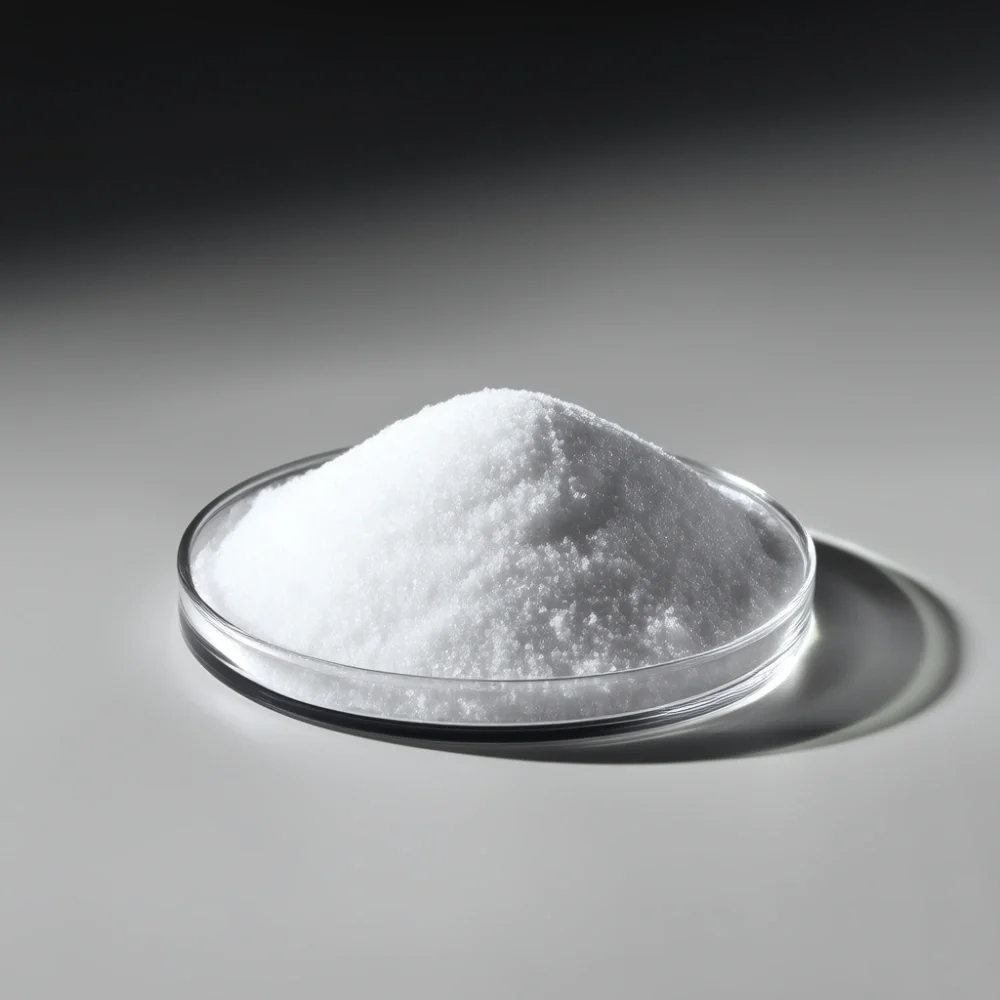
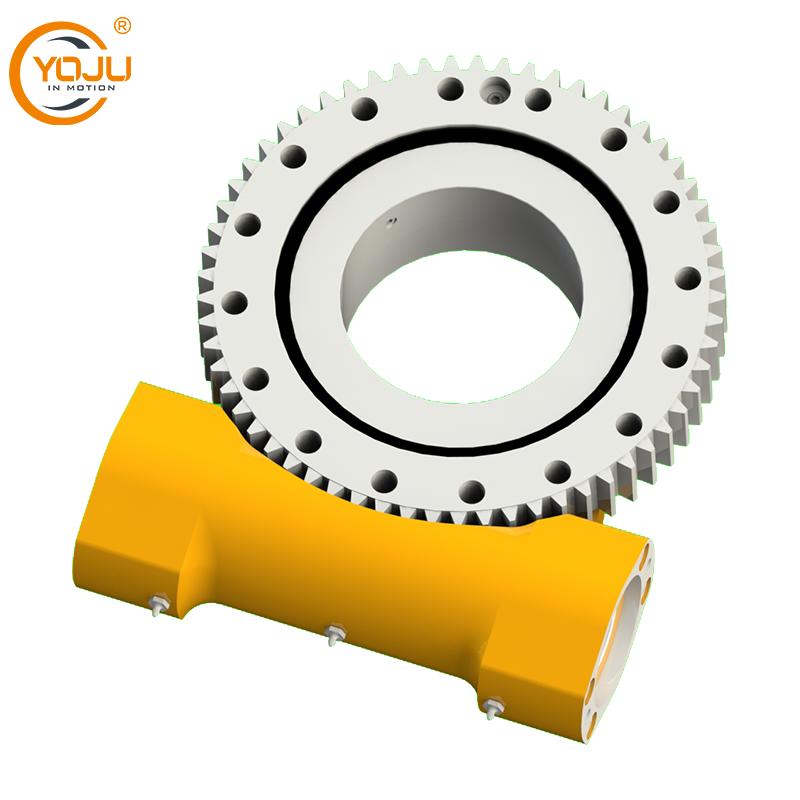
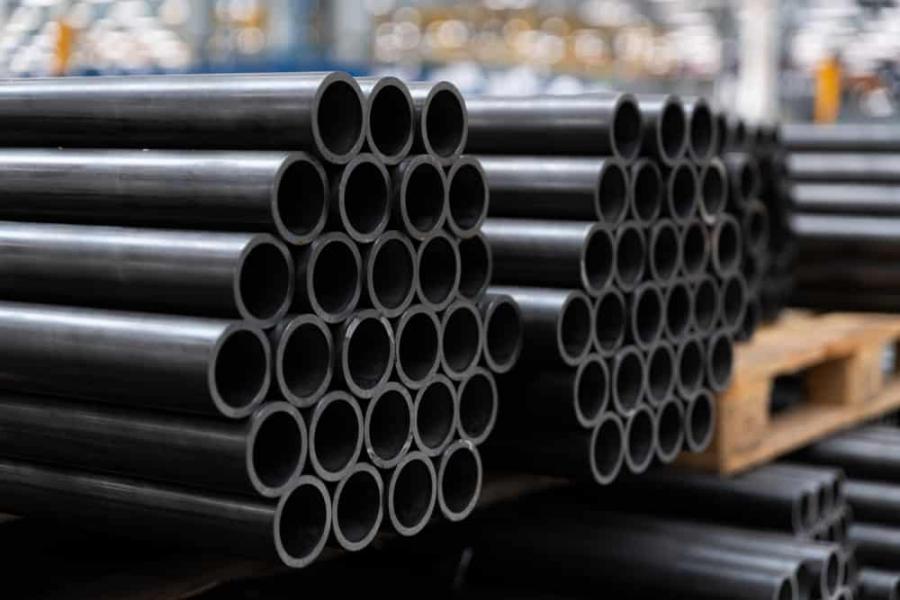
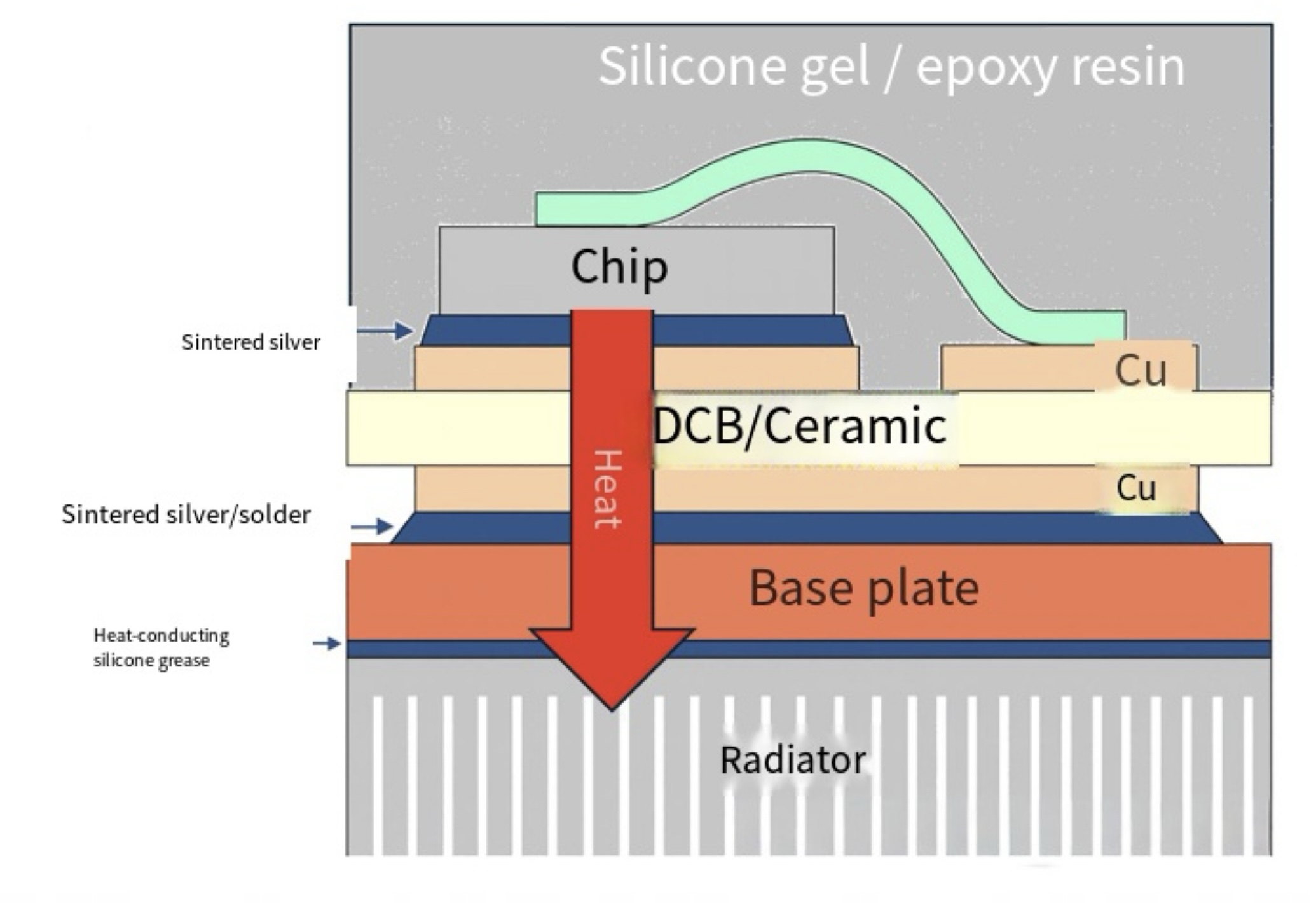
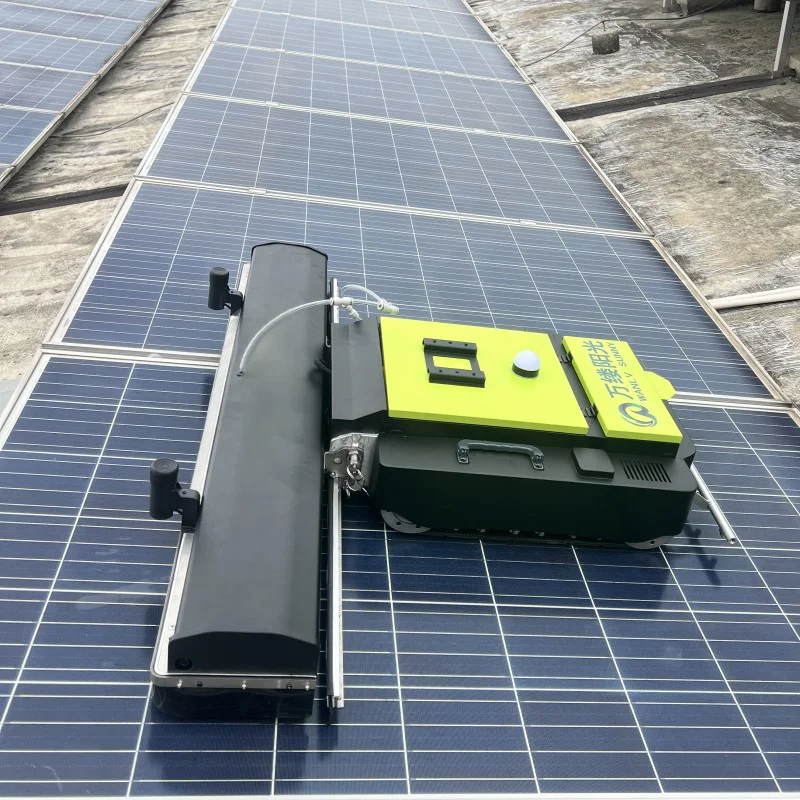


+ There are no comments
Add yours